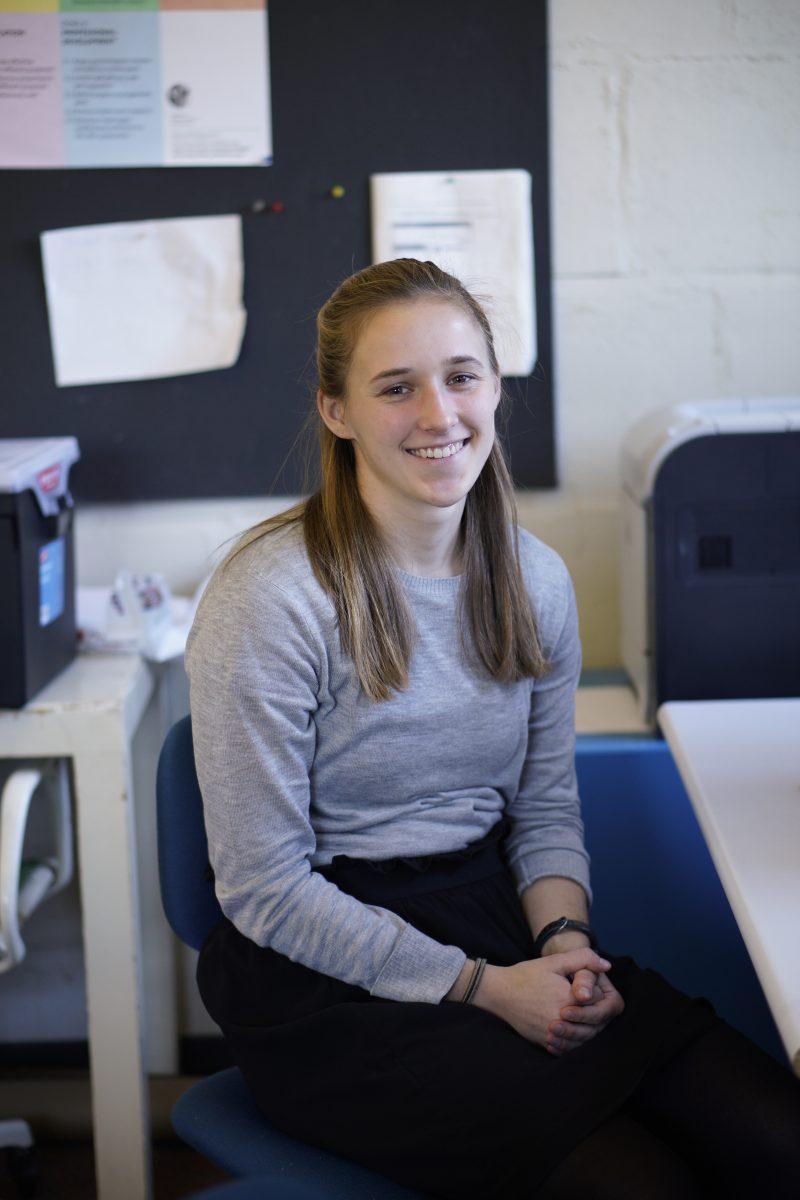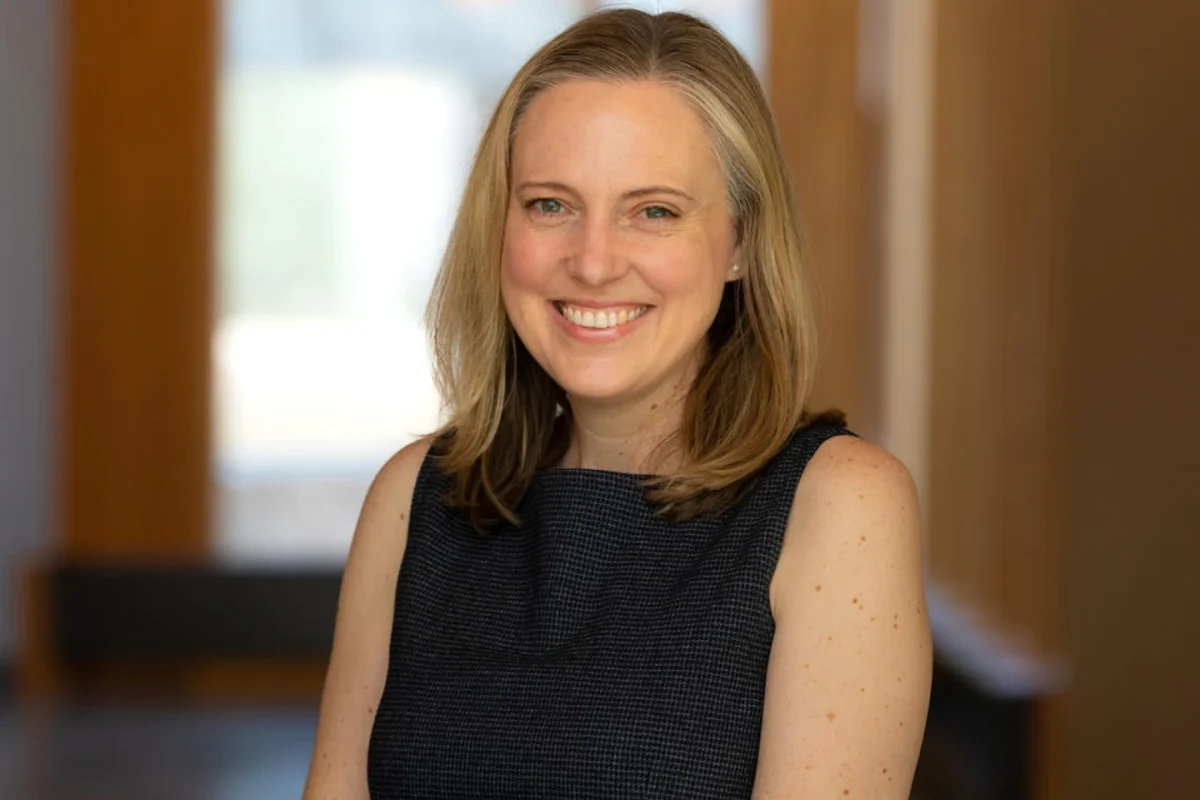After graduating with a degree in psychology, Kyla Petrie ’17 returned to campus this past August as a research coordinator. Her job includes making sure the psychology studies performed by faculty and student researchers at the college are safe and ethical. Petrie helps students through all steps of the research process, including walking them through the ethics review.
Before using Wellesley College students or preschoolers at the Child Study Center as test subjects for a study, researchers must first send a proposal to Wellesley’s Institutional Review Board (IRB), which ensures that no one is harmed during the study and that people’s rights are protected. Since 1991, federal regulations have required an IRB at all institutions that perform research on humans. The psychology department at Wellesley also has an ethics review board, which adds an extra layer to the review process.
Petrie decided to return to work at Wellesley because she wanted to take a gap year between her graduation last spring and medical school in the fall. After discussing the opportunity with her professors and with the previous research coordinator, Julia Kim ’16, she felt that the position would be a good fit for her.
“At first, it was very strange being back at Wellesley and not attending classes. It took some getting used to, to be on the other side of things,” said Petrie. “But it has been very nice to be here for work. I was already familiar with Wellesley and the psychology department, so coming back to work was not as big of a transition as it might have been if I had started working somewhere new.”
As research coordinator, Petrie interacts with both students and faculty, but she spends most of her time with the students.
“The most rewarding part of the job is being able to help and work with students, even in a small way. It’s gratifying to watch them brainstorm and create a research project from scratch and take it all the way through the ethics review process, collecting data and then analyzing and presenting those data,” said Petrie.
Another aspect of her job entails visiting all the 100- and 200-level psychology classes at Wellesley to discuss the research requirement. All psychology students in these classes must take part in their peers’ research projects at some point over the course of the semester.
Petrie also has the opportunity to work with the faculty in the psychology department. For example, this year, one of the Research Methods classes started using a new software called PsychoPy, which is used to record accurate reaction times. Petrie learned how to use the software so she could teach students how to use it. She is also currently organizing all the information stored in cabinets in her office and transferring it into an online database so that students and faculty can use it in the future.
Apart from being the research coordinator, Petrie also plays soccer in various leagues around Boston. When she was a student at Wellesley, she was part of the soccer team. She was also part of the Athlete Mentor Program and the Student-Athlete Advisory Committee, and she worked as a fitness instructor and a fitness center monitor.
Petrie never did psychology research at Wellesley, but she did conduct research during the summer of 2016 at the University of North Texas, where she worked on several different projects. She presented her research in the 2016 Tanner Conference.
“One [of the projects] was on stress, maladaptive coping mechanisms and how those were related to emotional well-being in lesbians and gay men over 50,” Petrie explained.
Although she enjoys her work as the department’s research coordinator, Petrie does not plan to pursue a career in research and instead hopes to pursue medicine.
“After medical school, I want to become a practicing physician, though I would be interested in participating in occasional research projects through that. But I think the research component would be secondary to the clinical aspects of my career,” she said.
Petrie advises students who are interested in conducting psychology research to reach out to faculty in the department.
“The best thing to do is talk with a professor, especially one who is doing research in an area you are interested in,” she said.








